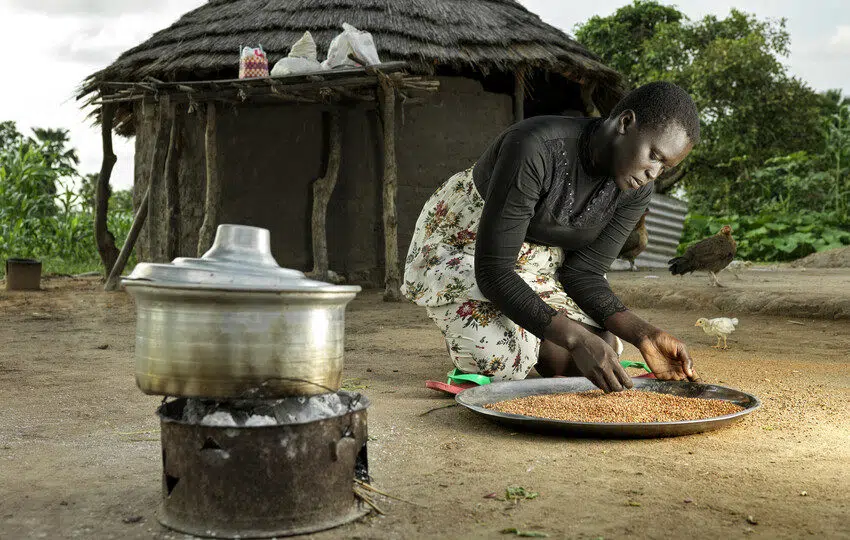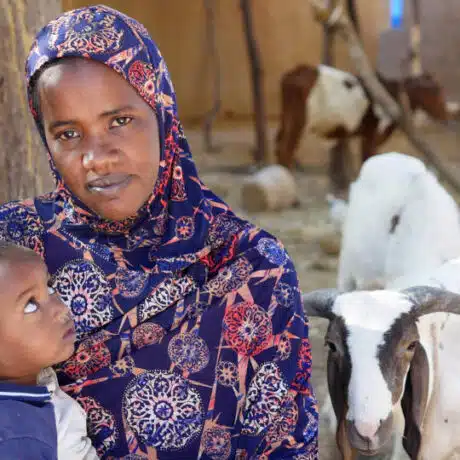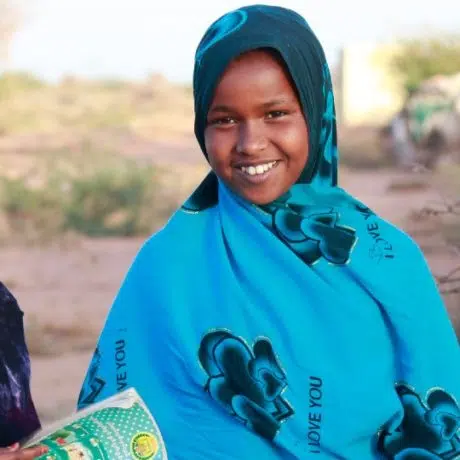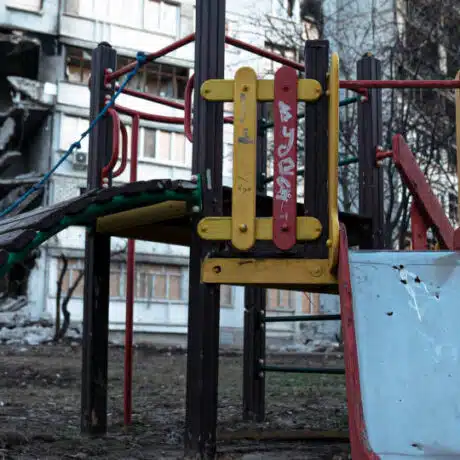News and Stories - Food - 28 June 2017
How to talk to friends and family about the food crisis in East Africa

We’ve all been there before, you’re having a great conversation about the news and your friend or workmate throws you a curve ball from out of nowhere. Sometimes it is great, but other times it is so misguided it threatens to derail the entire conversation.
With an issue as complex as the East African food crisis, misinformation is pretty common. The good thing is that these misconceptions rarely come from unkindness or hatred, but instead ignorance and poor information.
We want to help you correct the record when you’re with your mates:
Over population is the cause of the famine.
Famine is not the result of over population, it’s not even close. The food crisis in East Africa is caused by a complex combination of civil war, economic collapse, and internal displacement driven by climate change.
When farmers are forced to flee their land and seek refuge in neighbouring countries or cities, they can’t produce the food that normally feeds the region. The point is quite simple, this food crisis is not the result of over population, it’s because of violence and war.
Africa is always in famine, why should I care now?
Actually this is quite far from the truth. Although we are used to seeing images of people in crisis, many African countries are indeed thriving. Famine is not a perpetual reality.
Famine can’t be declared unless at least four out of every 10,000 children die each day. To put this into context, if famine were declared in Australia, 1700 children would die from starvation every day.
Famine is rare and extreme – so much so there hasn’t been one for 6 years.
Regardless, we should care because it is the right thing to do. Famine can be hard to comprehend unless you’ve seen it firsthand. It is ghastly. You see children with skeletal arms and legs, desperately clinging to life. It’s only when we start to see images of emaciated children hooked up to drips in white tents being attended by emergency doctors that people can fathom the sheer horror of famine. We have an obligation to help.
We need to take care of Australia first.
Australia has the 13th largest Gross Domestic Product and only the 53rd largest population in the world. We are rich enough, and organised enough to be able to take care of Australia and step up foreign aid.
Australia also receives aid, during the 2010 Queensland floods, Australia received offers of assistance from over 60 countries, three of which, Papua New Guinea, East Timor and Indonesia are the biggest recipients of Australian aid. Aid is about global solidarity, recognising that ‘home’ is both a regional and a global community.
Giving them money just means they will be reliant on hand outs.
Plan International is not in the business of dead-aid. Dead-aid is the act of providing aid without any long-term consideration. Instead we and other aid agencies work in development. For example, in South Sudan’s food crisis and our work with Syrian refugees in Egypt, Plan has prioritised long-term and emergency access to education, in particular for girls, to minimise that the impact of the crises on their futures as women.
Even still, turning away from people when they are at their most vulnerable won’t actually solve the food crisis or conflict in East Africa – we help because it’s the right thing to do.
It’s because they’re Islamic
This is a very odd attitude, given South Sudan, Ethiopia, and Kenya are all Christian-majority countries. Famine and severe food insecurity is caused by interference in food production. The key thing in this case has been conflict in South Sudan and three years of drought in Ethiopia and Kenya.
Religion has nothing to do with it.





